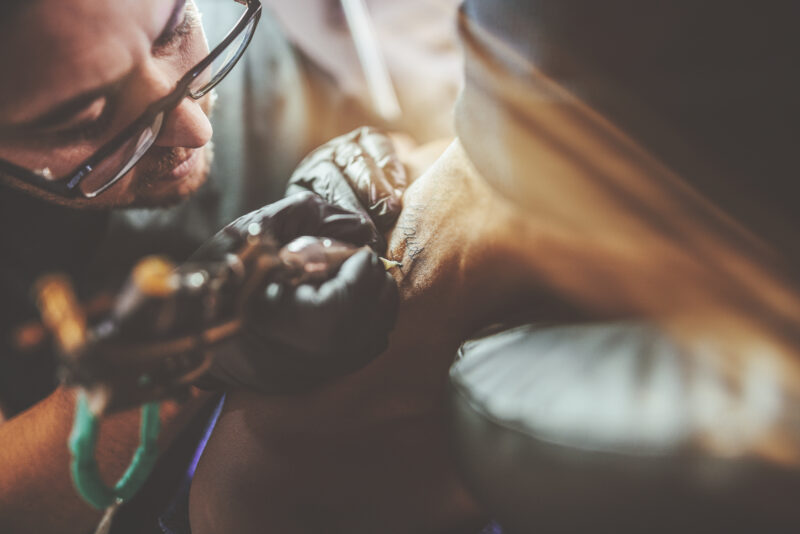The Federal Court of Appeal recently released its decision in Voltage Holdings, LLC v Doe #1, in which the court affirmed the minimum evidentiary requirements to establish direct and authorizing copyright infringement and clarified the extent to which an adverse inference may be drawn in the context of online copyright infringement.
Continue readingVoltage Holdings, LLC v Doe #1 and Evidentiary Requirements in Copyright Infringement





